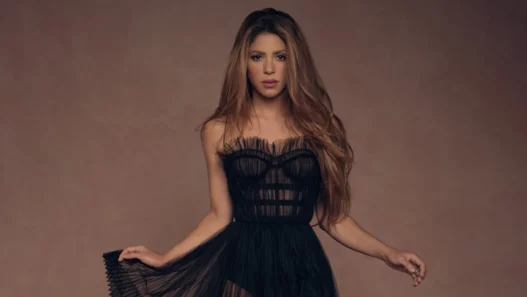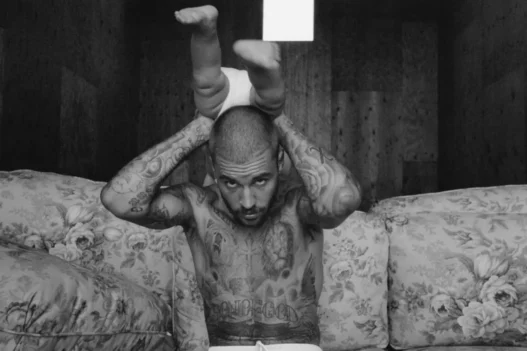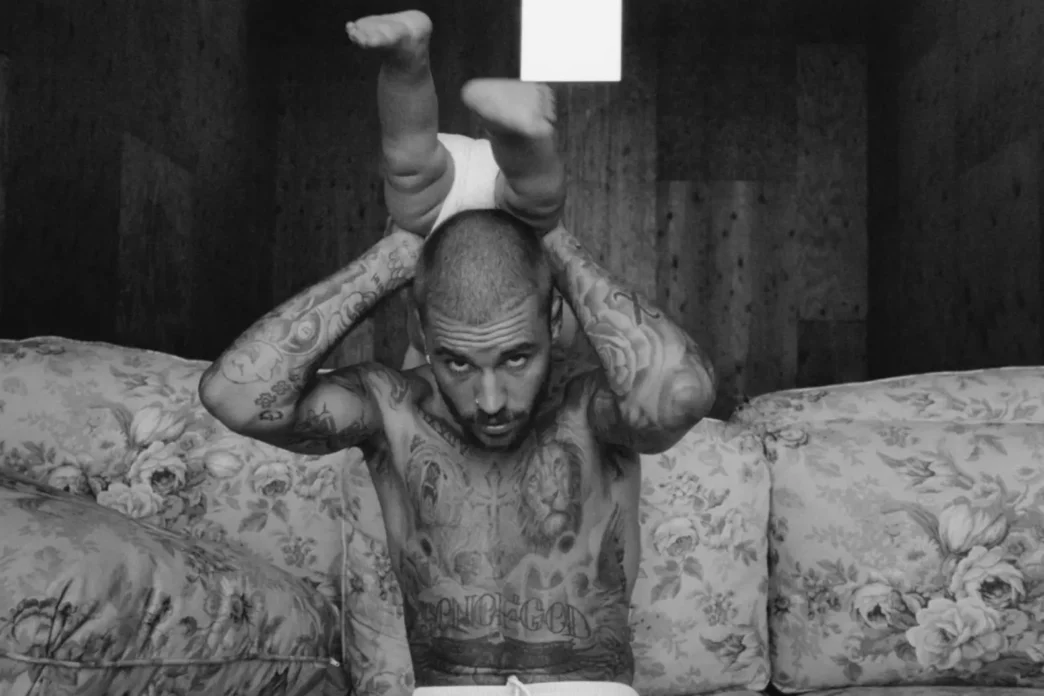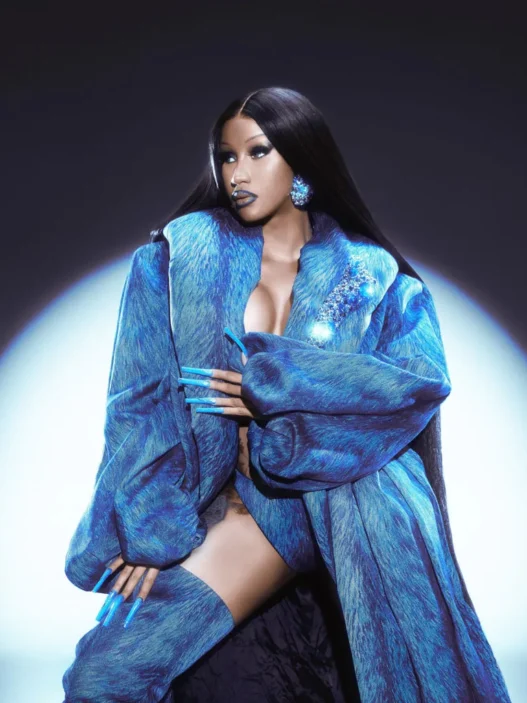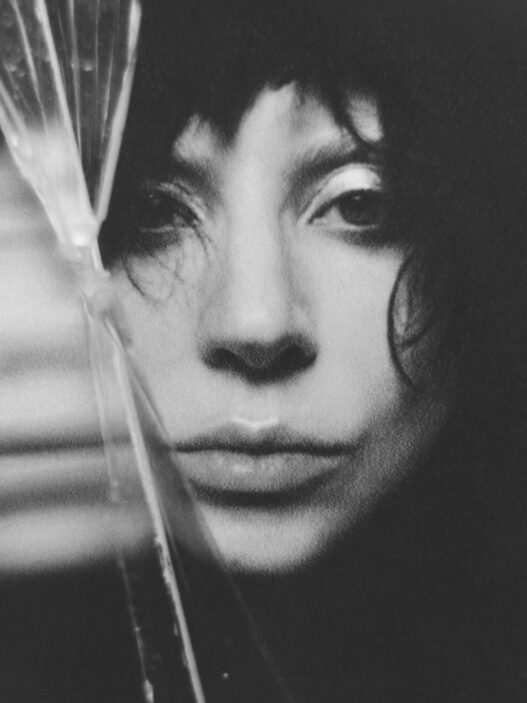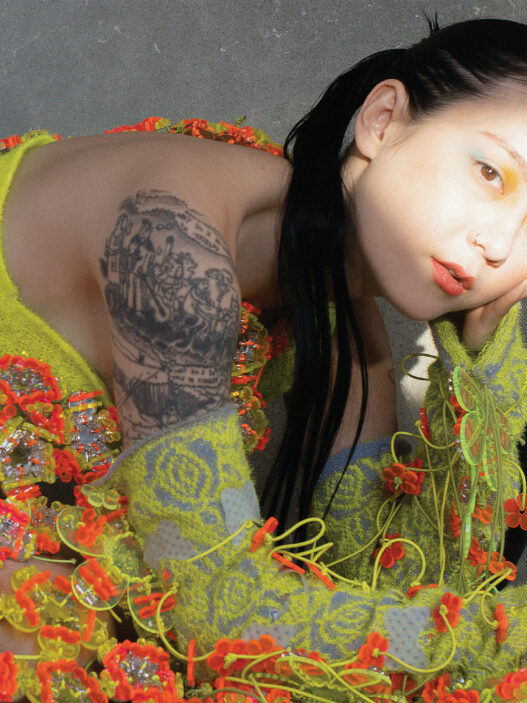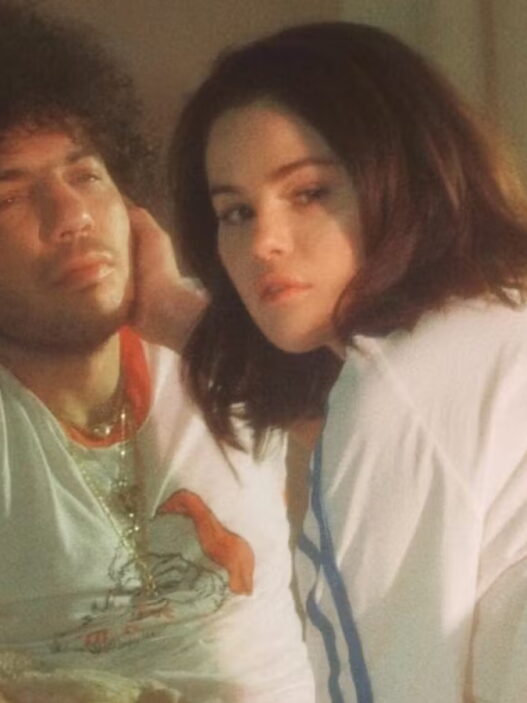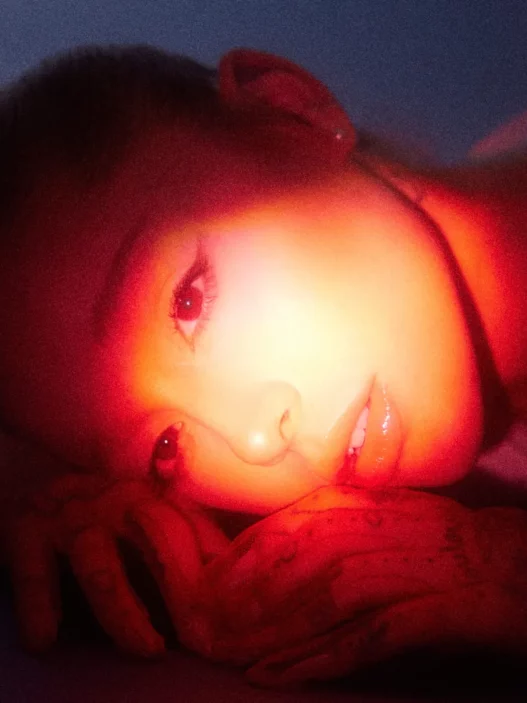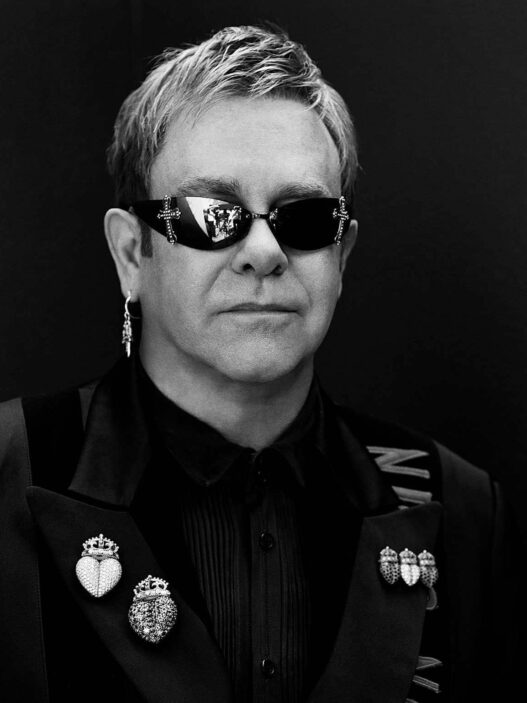Justin Bieber wants you to know he’s standing on business. What that business is — a marriage? A meme? A mid-career musical pivot? — remains hazy. But on SWAG, his seventh studio album, Bieber seems less interested in clarity than in atmosphere. Gone are the pop structures of Justice or Purpose. In their place: foggy guitars, reverberating loops, low-stakes confessions. The result is a slow, strange, sometimes beautiful document of a pop star trying to reassert person-hood without giving up the performance.
Announced via billboards and dropped without fanfare, SWAG sounds like it was recorded on a phone and sent through a dream. Bieber has reunited with his Journals instincts — R&B slow jams and whispered devotions — but instead of clean minimalism, the production leans toward lo-fi haze. Guitarists and producers Mk.gee and Dijon define much of the sonic language, while Carter Lang, known for his work with SZA, shapes the album’s most spacious tracks. These aren’t radio singles. They’re audio mood boards — woozy, often improvised, and structured more around texture than hooks.

At its best, SWAG evokes the vulnerability of a voice left alone in a room. “Daisies,” the album’s standout, layers doo-wop progressions under murmured pleas for reconciliation. “You leave me on read, babe, but I still get the message,” Bieber sings, toeing the line between digital-age cleverness and genuine ache. On “Walking Away,” he narrates a marriage in maintenance mode: “These growing pains / And baby, I ain’t walking away.” They’re not lyrical revelations so much as ambient admissions, little loops of feeling more than full confessions.
That looseness is part of the album’s charm — and its evasiveness. SWAG doesn’t offer insight so much as implication. The interludes, featuring comedian Druski, hint at self-awareness but skirt substance. “People are always asking if I’m okay,” Bieber says on “Therapy Session.” “And that starts to really weigh on me.” It’s a rare moment of lucidity, undermined seconds later by Druski offering him a Black & Mild to calm his nerves. On “Soulful,” Druski delivers the now-notorious line: “Your skin white, but your soul Black, Justin.” Bieber responds: “Thank you.”
That exchange, clipped and unexamined, typifies the album’s strange posture toward race and cultural borrowing. Bieber has long drawn from Black musical traditions — R&B, gospel, trap — but SWAG recycles these influences without commentary. Marvin Winans appears on the final track, “Forgiveness,” but Bieber himself is absent. It feels less like reverence than retreat: another borrowed voice standing in for something Bieber can’t quite say.
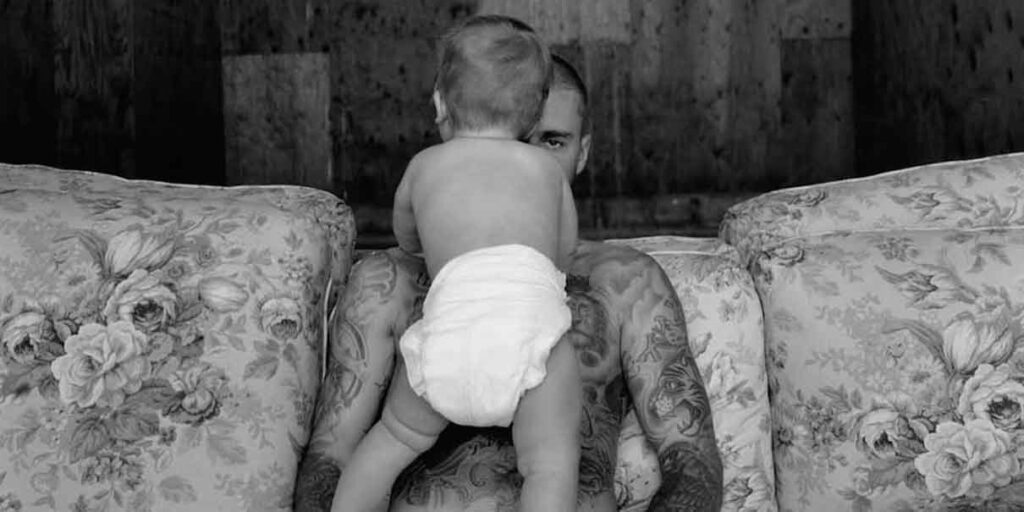
The same might be said of his collaborators. Sexyy Red, Lil B, Gunna, and Cash Cobain all appear, but often feel parachuted into an album that otherwise trades in restraint. When Red erupts onto the retro-sleaze track “Sweet Spot,” it’s a jarring break in tone — a song that exists mostly to prove they made one together. The better moments come when Bieber stays close to his indie-minded producers: “Yukon” and “Devotion” suggest a genuine curiosity about new sonic possibilities, even as the lyrics circle the same themes of longing, loss, and domestic devotion.
But what lingers isn’t the content — it’s the tone. SWAG is less a statement than a sound: soft, grainy, exhausted. Bieber doesn’t explain himself; he gestures. He mumbles through his marriage, samples his own paparazzi clips, and shrinks from spectacle while inadvertently inviting more of it. The record never resolves the tension between vulnerability and self-mythology, between confession and branding. It doesn’t seem to want to.
And maybe that’s the point. SWAG isn’t a bid for redemption or a cry for help. It’s a shrug — a murky, ambient album from a pop star who no longer seems interested in pop stardom. It resists the neat arcs of comeback narratives or reinventions. Bieber isn’t fixing his image. He’s drifting through it, eyes half-closed, murmuring a hook.
If Justice was designed to be played on arena speakers, SWAG sounds like it was meant for headphones in the back of a car. The windows fog up. The beats loop. You think you hear something revealing, but it passes. Bieber is in there somewhere. But he’s not saying too much. Ask what it all means, and he’ll tell you plainly: he’s standing on business.





